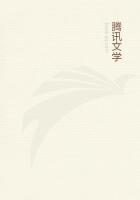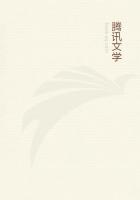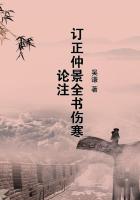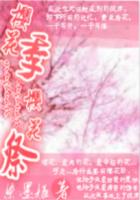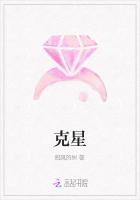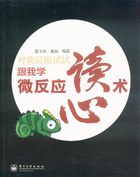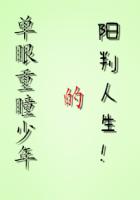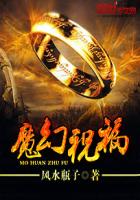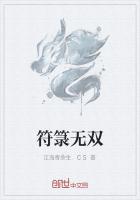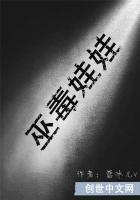His fame chiefly rests on the ablest treatise written in the Middle Ages,--the "Summa Theologica,"--in which all the great questions in theology and philosophy are minutely discussed, in the most exhaustive manner. He took the side of the Realists, his object being to uphold Saint Augustine. He was, more a Platonist in his spirit than an Aristotelian, although he was indebted to Aristotle for his method. He appealed to both reason and authority. He presented the Christian religion in a scientific form. His book is an assimilation of all that is precious in the thinking of the Church. If he learned many things at Paris, Cologne, and Naples, he was also educated by Chrysostom, by Augustine, and Ambrose. "It is impossible," says Cardinal Newman, and no authority is higher than his, "to read the Catena of Saint Thomas without being struck by the masterly skill with which he put it together. A learning of the highest kind,--not mere literary book knowledge which may have supplied the place of indexes and tables in ages destitute of these helps, and when they had to be read in unarranged and fragmentary manuscripts, but a thorough acquaintance with the whole range of ecclesiastical antiquity, so as to be able to bring the substance of all that had been written on any point to bear upon the text which involved it,--a familiarity with the style of each writer so as to compress in a few words the pith of the whole page, and a power of clear and orderly arrangement in this mass of knowledge, are qualities which make this Catena nearly perfect as an interpretation of Patristic literature." Dr. Vaughan, in eulogistic language, says "The ‘Summa Theologica' may be likened to one of the great cathedrals of the Middle Ages, infinite in detail but massive in the grouping of pillars and arches, forming a complete unity that must have taxed the brain of the architect to its greatest extent. But greater as work of intellect is this digest of all theological richness for one thousand years, in which the thread of discourse is never lost sight of, but winds through a labyrinth of important discussions and digressions, all bearing on the fundamental truths which Paul declared and Augustine systematized."This treatise would seem to be a thesaurus of both Patristic and Mediaeval learning; not a dictionary of knowledge, but a system of truth severely elaborated in every part,--a work to be studied by the Mediaeval students as Calvin's "Institutes" were by the scholars of the Reformation, and not far different in its scope and end; for the Patristic, the Mediaeval, and the Protestant divines did not materially differ in reference to the fundamental truths pertaining to God, the Incarnation, and Redemption. The Catholic and Protestant divines differ chiefly on the ideas pertaining to government and ecclesiastical institutions, and the various inventions of the Middle Ages to uphold the authority of the Church, not on dogmas strictly theological. A student in theology could even in our times sit at the feet of Thomas Aquinas, as he could at the feet of Augustine or Calvin; except that in the theology which Thomas Aquinas commented upon there is a cumbrous method, borrowed from Aristotle, which introduced infinite distinctions and questions and definitions and deductions and ramifications which have no charm to men who have other things to occupy their minds than Scholastic subtilties, acute and logical as they may be. Thomas Aquinas was raised to combat, with the weapons most esteemed in his day, the various forms of Rationalism, Pantheism, and Mysticism which then existed, and were included in the Nominalism of his antagonists. And as long as universities are centres of inquiry the same errors, under other names, will have to be combated, but probably not with the same methods which marked the teachings of the "angelical doctor." In demolishing errors and systematizing truth he was the greatest benefactor to the cause of "orthodoxy" that appeared in Europe for several centuries, admired for his genius as much as Spencer and other great lights of science are in our day, but standing preeminent and lofty over all, like a beacon light to give both guidance and warning to inquiring minds in every part of Christendom. Nor could popes and sovereigns render too great honor to such a prodigy of genius. They offered him the abbacy of Monte Cassino and the archbishopric of Naples, but he preferred the life of a quiet student, finding in knowledge and study, for their own sake, the highest reward, and pursuing his labors without the impedimenta of those high positions which involve ceremonies and cares and pomps, yet which most ambitious men love better than freedom, placidity, and intellectual repose.
He lived not in a palace, as he might have lived, surrounded with flatterers, luxuries, and dignities, but in a cell, wearing his simple black gown, and walking barefooted wherever he went, begging his daily bread according to the rules of his Order. His black gown was not an academic badge, but the Dominican dress. His only badge of distinction was the doctors' cap.
Dr. Vaughan, in his heavy and unartistic life of Thomas Aquinas, has drawn a striking resemblance between Plato and the Mediaeval doctor: "Both," he says, "were nobly born, both were grave from youth, both loved truth with an intensity of devotion. If Plato was instructed by Socrates, Aquinas was taught by Albertus Magnus;if Plato travelled into Italy, Greece, and Egypt, Aquinas went to Cologne, Naples, Bologna, and Rome; if Plato was famous for his erudition, Aquinas was no less noted for his universal knowledge.

